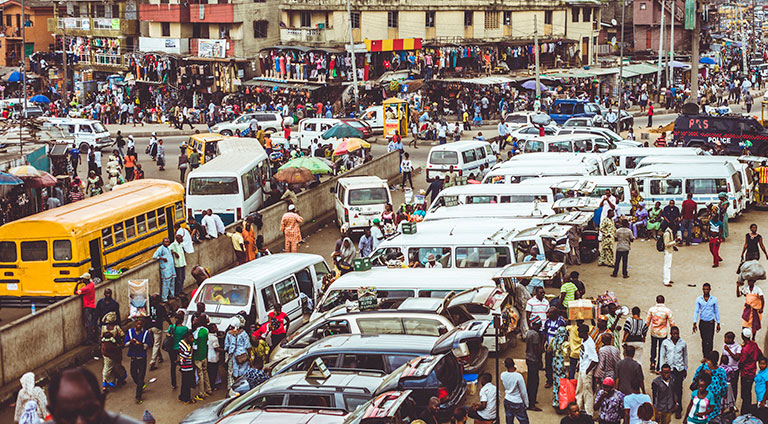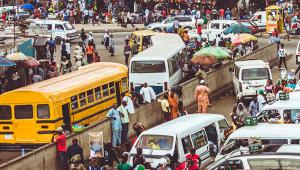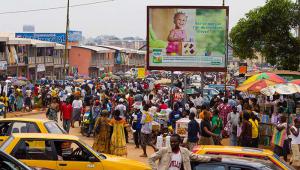The bank’s annual African Economic Outlook, launched in Nigeria last week, argued that the continent needed to get a better handle on historically rapid urbanisation to realise its opportunities and overcome its challenges.
The report said that “little attention has been paid” so far to the ways in which the process might be harnessed to “accelerate the continent’s transformation in a more effective and sustainable manner”.
By the 2030s, 50% of Africans are expected to live in cities, an increase from 40% today. By 2050, that is expected to rise to 56%.
It took Europe 110 years to move from 15% urbanisation to 40%. Africa has achieved the same urban growth in just 66 years.
However, the report noted that, unlike that of other regions in the past, Africa’s growth has not been accompanied by a “structural transformation” such as industrialisation, which would drive further growth.
Some African nations have skipped this phase of development altogether, and are creating a service-based economy such as those in many OECD countries. But the AfDB warned against this, as this kind of economy cannot sustain as much growth as industry.
Many people living in African cities have moved into informal and low productivity work, it continued, access to public goods is unequal and it looks as though urban infrastructure investments will not keep pace with growth.
Two-thirds of infrastructure investments in and between Africa’s urban centres until 2050 are yet it be made, it highlighted.
A more environmentally friendly and less resource consuming process of urbanisation is also required due to the “magnitude” of city growth in Africa, it continued.
The bank called on African cities to pursue policies that step up investment, promote connectivity, match formal housing markets with demand, manage urban expansion and address environmental and climate issues.
Bold, integrated and context tailored policies are needed to seize the potential “urban dividend”, African Development Bank president Akinwumi Ayodeji Adesina, OECD secretary general Angel Gurría and United Nations Development Programme administrator Helen Clark agreed in the report’s foreword.
Overall, the report found that the continent’s growth held firm last year, despite less than favourable global conditions and regional shocks.
The report put Africa’s GDP growth at 3.6%, compared to 3.1% for the global economy and 1.5% in struggling regions like Europe. Africa’s growth is second only to that of east Asia.
Sub-Saharan Africa grew faster than the continental average, at 4.2%, but east Africa led the charge at 6.3%.
Growth in the central, northern and western regions was higher than 3%, while that in southern Africa was 2.2%.
The AfDB expects the continent’s growth to remain at 3.7% this year, and believes this could accelerate to 4.5% in 2017. However, it added that this forecast hinged on the strength of the world economy, which has recently been downgraded by many forecasters because of the UK’s vote to leave the European Union and the gradual recovery of commodity prices.
Many of Africa’s biggest economies have been hard hit by the slump in the price of oil and other commodities, including Nigeria, now expected to fall into recession, and Angola.














